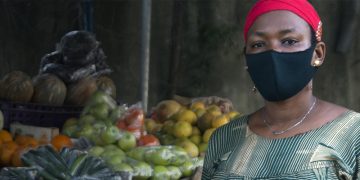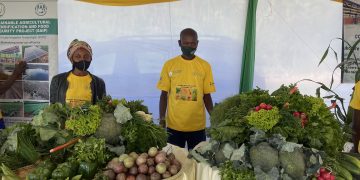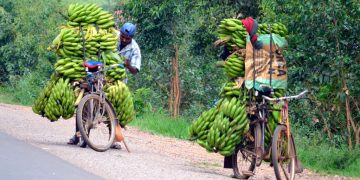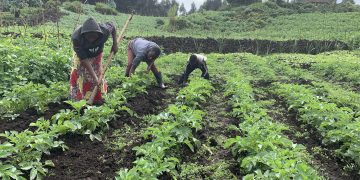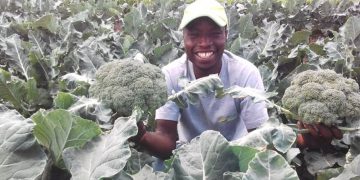Rwanda’s fourth Strategic Plan for the Transformation of Agriculture (PSTA 4), which extends from 2018 to 2024, is currently at its midpoint. This note highlights the contribution of PSTA 4 in its first half (2018–2021) to four key development outcomes: economic growth, job creation, poverty reduction, and diet quality improvement.
Assessing market price dynamics during the COVID-19 pandemic in Rwanda
The COVID-19 pandemic and the economic policy measures taken to prevent its spread led to a global recession in 2020 that was expected to cause significant increases in poverty and food insecurity in many countries. Households were expected to experience a “double whammy” of decreased incomes and rising food prices. This policy note examines whether food prices rose in Rwanda since the COVID-19 pandemic began in early 2020.
Assessing the impacts of COVID-19 on household incomes and poverty in Rwanda: A microsimulation approach
In Rwanda, as in other countries, different types of households will experience the economic effects of the COVID-19 pandemic differently. We use a microsimulation approach to highlight the importance of these differences and to draw attention to the diversified livelihood strategies of Rwandan households in order to fully understand COVID-19’s impacts on their income and poverty status.
Assessing the economywide impacts of COVID-19 on Rwanda’s economy, agri-food system, and poverty: A SAM multiplier approach
Rwanda’s policy response to COVID-19 has been widely praised for containing the pandemic. Although the economic consequences are unavoidable, the country expects to return its economy to its high-growth trajectory. We use economic modeling tools to estimate the short-term economywide impacts of the unanticipated, rapid-onset economic shocks of COVID-19 on Rwanda.
Engaging young agripreneurs in private sector extension and advisory services in Rwanda and Uganda
Engaging young agripreneurs in private sector extension and advisory services (EAS) is critical for livelihoods in rural areas where millions of youth are unemployed and face many barriers to entry into agriculture.
